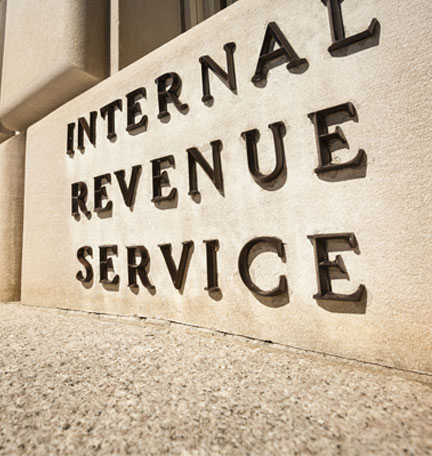The important information and documents you’ll need.
Tax season has arrived, which means it is time to gather essential details and documents about your financial life from the last calendar year.
The list below provides a rundown of what you’ll need when you file your taxes, according to Caroline K. Forks, Trust Advisor at Regions Private Wealth Management in Oxford, Mississippi, and Christine M. Ceron, Wealth Advisor at Regions Private Wealth Management in Fort Lauderdale, Florida.
Once you have gathered all your documents, you should also take the opportunity to talk to your Private Wealth Advisor. Ceron recommends taking a proactive approach to taxes—meaning you should think not just about last year’s taxes but also next year’s and how the coming year will affect your financial goals.
“When you’re sitting with your advisor or your CPA, now is the time to be talking about the current year and filing for next year. If you’re planning on any sales this year, loop your advisor in. Sometimes people are so focused on getting this year’s return done, but now is a good time to think about what changes you might make this year or next year,” she says.
Now, let’s take a look at everything you need to file this year.
The Basics
- Previous year’s tax returns
- Social Security numbers and dates of birth for you, your spouse and your dependents
- W-2 forms (you’ll have a W-2 from any employers you’ve had this year)
- Estimated tax paid
- Child care records, including any child support payments
- Information pertaining to irrevocable trusts, if you’ve established one in the past year
Investment Information
- Capital gains, interest and dividend income from investment accounts. These will come as 1099 statements, which you generally won’t receive until mid-February.
- Savings accounts information
- Contribution to retirement accounts such as a 401(k), IRA, Roth IRA or SEP (Simplified Employee Pension Plan)
- Cryptocurrency and digital asset transactions
- Closing statement and cost-basis information from any real estate you’ve sold in the past year
Additional Income
- Self-employment income/deductions
- Any taxable inheritances or trust distributions
- Rental income
- Income from royalties
- Disability income
- Jury duty records
- Gambling and lottery winnings or losses
- Distributions from Social Security, IRAs or other retirement accounts
- Alimony
Itemized Deductions
- Mortgage statement from your lending institution
- Records of medical expenses
- Total amount of state/local income and, in some states, sales taxes
- Real estate taxes
- Records of cash and non-cash charitable donations to schools, hospitals, houses of faith or other charitable organizations
- Health savings account expenditures
Education Payments
- Tuition statements from educational institutions that you or a dependent attended
- Records of student loan payments
Talk to Your Regions Wealth Advisor About:
- Which medical expenses from last year—if any—might qualify as tax deductions.
- How to adjust your wealth plan in the coming year in order to minimize next year’s tax burden.
Interested in talking with an advisor but don’t have one?
Find a contact in your area.











